Family, of course, comes first on Anne Rodiek Bakke’s list of I-wouldn’t-be-where-I-am-today-without influencers, followed closely by her husband.
And checking in at No. 3?
“Dr. W. W. Albert, professor of animal science at the University of Illinois,” says the Fresno State professor emeritus.
“I met Dr. Albert in my sophomore year. He taught a class about horses, the subject of my lifelong passion.
“Before meeting Dr. Albert, I was a pre-vet major, struggling badly in chemistry courses and lowering my chances of admission to vet school with every C I earned. Along with being shy and a bit naïve, I was struggling to get used to college life, and I just wasn’t having any fun.
“Dr. Albert’s class was fun. He was not just an educator; he was also an entertainer. He told jokes in class and I think he entertained himself as much as our class.
“Few who took his class will forget how he would pace off the length of Man O War’s stride, to emphasize the enormous length of the great horse’s steps. Some students mocked his funny expressions and sometimes silly demeanor, but I always felt like most of us were laughing with him.
“I asked Dr. Albert to become my advisor. He convinced me to change my major to Animal Science. He advised me on courses to take and he encouraged me, making me believe that I could be a good student and that I could be successful.
“And little by little, I became a good student, and I even learned that some things about chemistry were worth understanding. I completed a bachelor’s and master’s degree in animal science with Dr. Albert as my advisor, mentor and friend.
“I remember the first job he helped me get in the department. I ground freeze dried horse manure in a Wiley mill in the basement of the Animal Science Laboratory. This was not the glamorous research job I was hoping for, but I did it, mostly because Dr. Albert told me I should.
“After graduation with a master’s degree, I moved home to a town my mother had moved to while I was in college. I knew no one there and I could not find a job related to my major. I worked a series of low-paying,, hard-working jobs in the horse industry. Again, I wasn’t having any fun.
“In that year that I lived at home, Dr. Albert would call me occasionally, inquiring how I was doing and asking me if I would like to return to the U of I to pursue a doctoral degree. At first, I declined; a Ph.D. seemed to be out of my reach, intellectually and financially. But, after a year at home, I accepted Dr. Albert’s offer, which did not require me to re-apply and which provided a small assistantship and paid tuition.
“My assistantship was not tied to a particular research project, but was simply to help Dr. Albert do whatever he wanted me and fellow graduate students to do. We helped with the laboratory portions of his courses, we helped fellow graduate students with their sample collection and lab work, we helped with ‘foal watch’ and breaking colts at the farm laboratory, we even occasionally lectured in his classes.
"It was diverse and sometimes hard work. But it was also great fun.
“I took challenging classes from some of the best teachers and researchers in animal science on a wide variety of topics. I read thousands of research articles about all aspects of equine science and particularly about equine exercise physiology, which became the subject of my thesis research.
“It was a new field of study at the time and seemed formidable, but Dr. Albert told me to keep working on it and come up with a plausible research protocol.
“In the spring of 1981, things were going well. I passed my prelims and was getting close to a possible research proposal.
“But it all came crashing down when Dr. Albert died of a sudden heart attack. His graduate students were devastated. We lost our mentor and friend. We were left shiftless, with our main person gone, and with no direction to continue with research projects.
“After about a year, the department hired a replacement for Dr. Albert’s position. The new professor took us on and helped us finish our degrees and graduate. I’m not sure we appreciated her at the time the way we should have. After all, she was not Dr. Albert.
“But I owe her a debt of gratitude for working with me and others during what I am sure was a challenging time for a new professor.
“After graduation, I took a position at Fresno State University, where I worked for 29 years in their animal science department as a professor of equine science. I often wished I could have called Dr. Albert to ask for his advice, or to hear him laugh and tell me everything would be OK.
“I hope he knew how much I appreciated and loved him. You can be sure, however, that every student I taught learned the length of Man O War’s stride.”
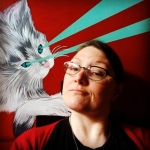

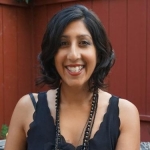

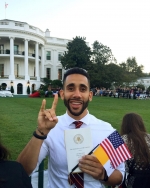
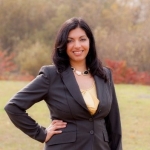
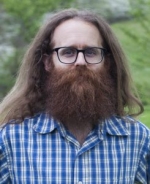

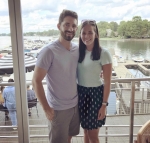

© 2024 The News-Gazette, All Rights Reserved | 201 Devonshire, Champaign, IL | 217-351-5252 | www.news-gazette.com
